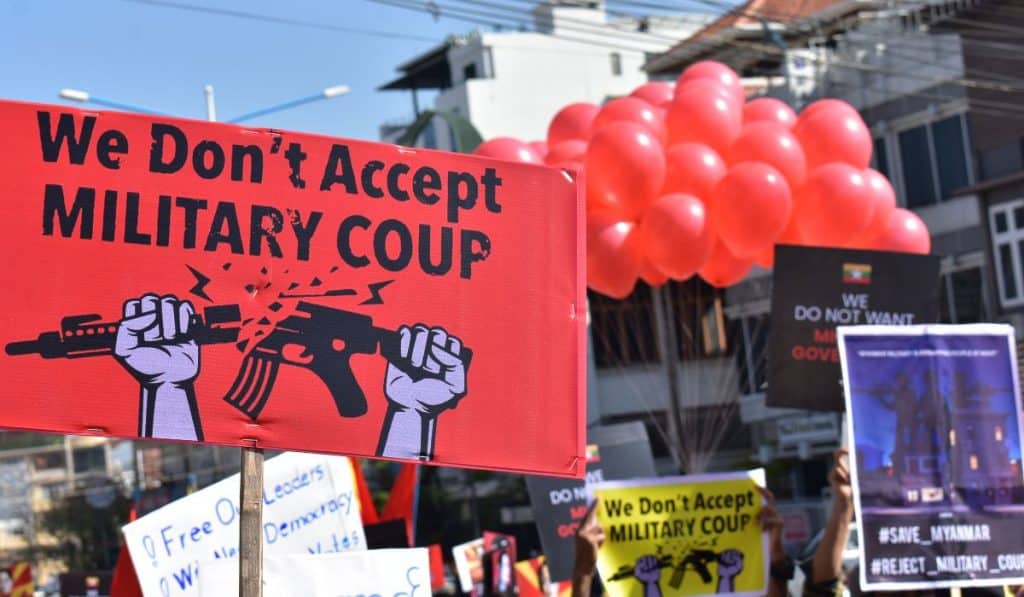After reviewing the recommendations, the US State Department still advises against traveling to Myanmar/Burma (Level 4: Do not travel). Explosions and other violent acts can happen anywhere and at any time, even in Yangon. Attacks on favored locations abroad, such as public areas and civilian infrastructure, can occur. The location and intensity of the attack are unpredictable.
In a coup in February 2021, elected government officials were detained and overthrown by the military regime in Myanmar. Protests and rallies against military rule continue to take place, often on important occasions. In response to these protests, the military has detained people without provocation and used lethal force against both demonstrators and viewers.
The State Department has concluded that there is a chance that the military regime will wrongfully detain American citizens.
Because U.S. government employees require special permission to travel outside Yangon, the U.S. government’s ability to provide emergency services in Myanmar is limited.
Tips to stay safe while traveling in Myanmar

- Maintain a high level of vigilance at all times.
- Minimize unnecessary travel, especially during events of national importance.
- Evaluate and improve your security practices regularly.
- Stay informed of political and social developments by following the news closely.
- Follow media updates to stay informed of the changing situation.
- Prepare by stocking up on enough water and food for at least 4 days.
- Charge your mobile phone in anticipation of possible internet, communication and power outages.
- Avoid participating in demonstrations and gatherings.
- Be prepared for roadblocks, searches and an increased military presence.
What is the current situation in Myanmar in 2024?
In 2024, Myanmar continues to face intense internal conflict and humanitarian crises. The ongoing resistance against the military junta, which began after the February 2021 coup, has intensified. Various resistance groups, including the Brotherhood Alliance and the National Unity Government have coordinated widespread attacks on the military, leading to significant territorial gains and momentum for the resistance movement. Despite these developments, the conflict has had serious consequences, including increased military attacks on the civilian population and notable human rights violations.
The situation has led to a staggering number of civilian casualties. Human Rights Watch reports the arrest of more than 24,000 anti-coup protesters and the deaths of 4,000 since the coup. The Myanmar military’s actions have been characterized by targeted attacks on civilians, including the use of thermobaric bombs and airstrikes, resulting in numerous deaths and violations of international humanitarian law.
The humanitarian situation in Myanmar is dire: almost 2 million people are internally displaced and 94,000 refugees are fleeing to neighboring countries. The United Nations Humanitarian Needs and Response Plan for 2024 highlights the escalating threats of fighting, displacement and protection affecting large parts of the country. About 18.6 million people, including 6 million children, are in need of humanitarian assistance due to disrupted healthcare, education, food insecurity and other crises.
These developments in Myanmar indicate a long-term and complex conflict, with significant consequences for the stability of the region and the well-being of its citizens. For more detailed information on the current situation in Myanmar, please refer to sources such as ACLED (Conflict Watchlist 2024), Human Rights Watch (World Report 2024: Myanmar) and the United Nations in Myanmar (Myanmar Humanitarian Needs and Response Plan 2024). .





